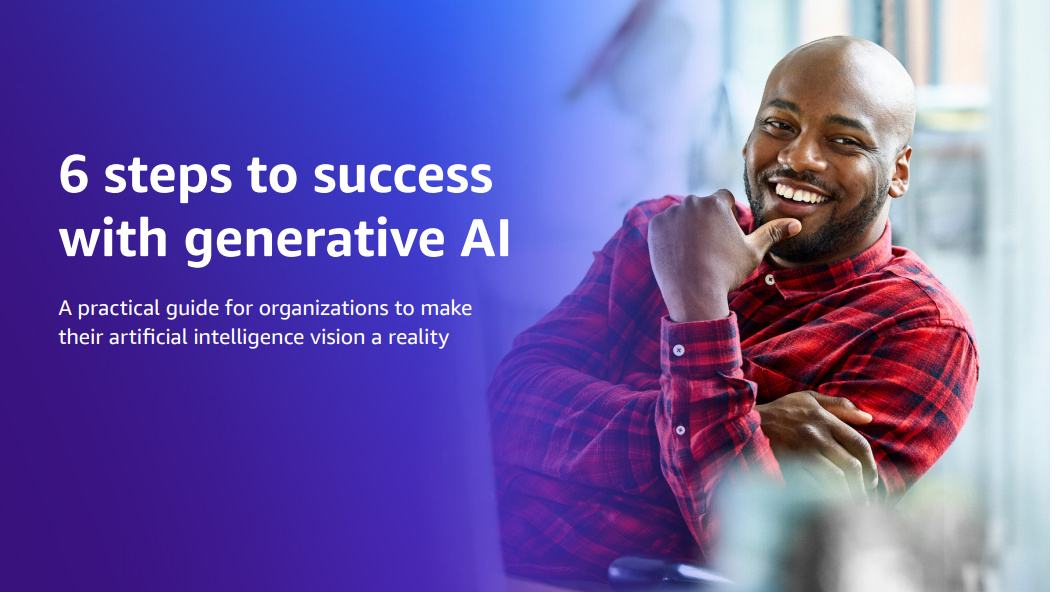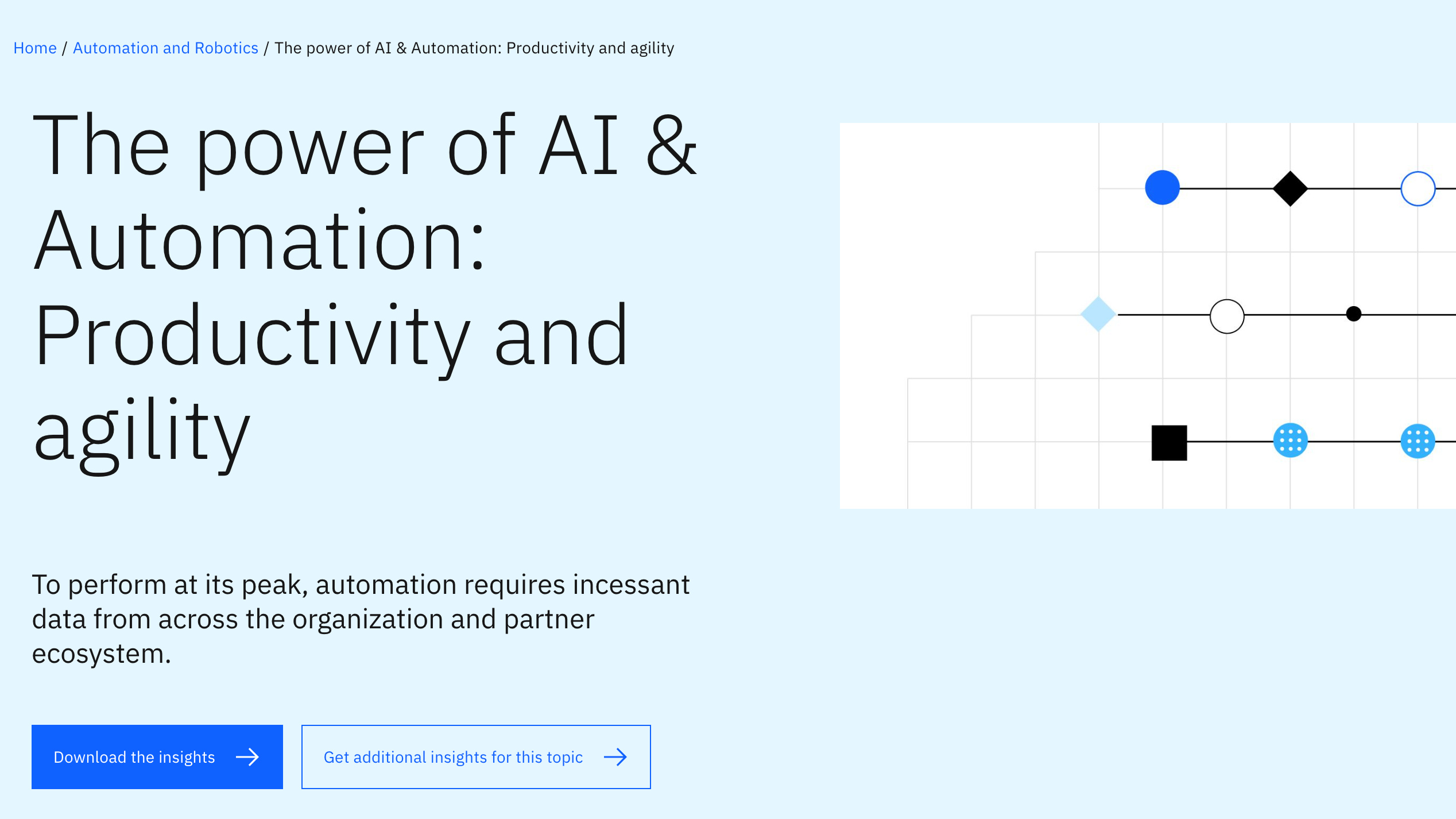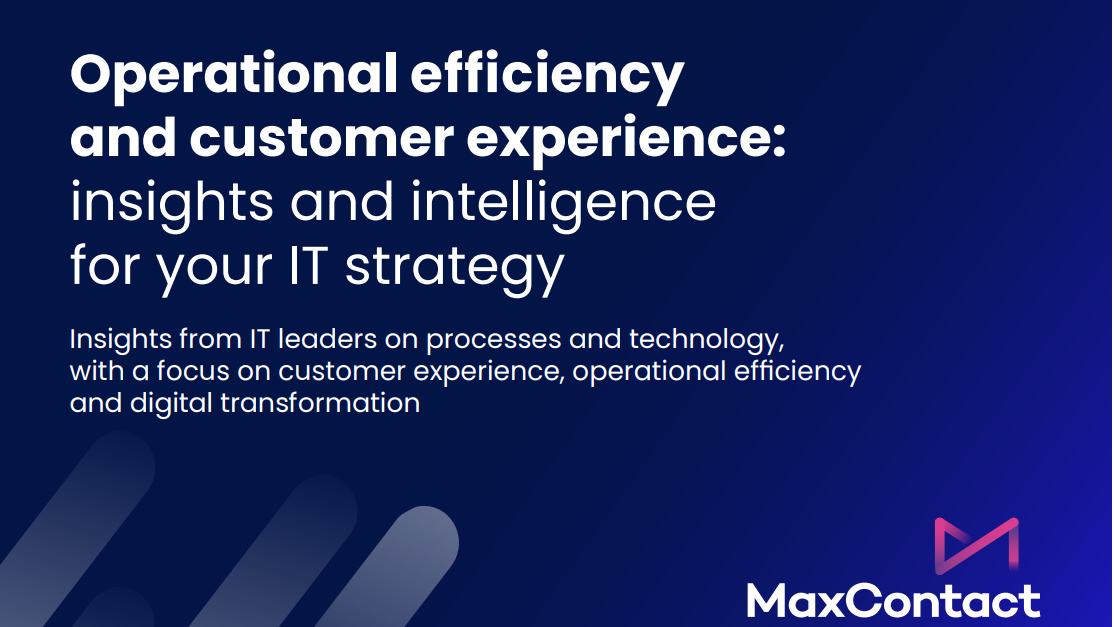Intel's new AI strategy involves new deep-learning technology
Intel announced a new strategy aimed at increasing its presence in the field of AI applications for business and society

Intel announced its new strategy related to artificial intelligence (AI), which involves the introduction of new products, as well as investments for the development of specific AI-related technology.
The company said that within the next three years, it hopes to reduce the time to train a deep learning model up to 100 times.
Diane Bryant, executive vice president and general manager of the Data Centre Group at Intel, said: "We expect the Intel Nervana platform to produce breakthrough performance and dramatic reductions in the time to train complex neural networks. Before the end of the decade, Intel will deliver a 100-fold increase in performance that will turbocharge the pace of innovation in the emerging deep learning space."
On Thursday, the company said it is developing new chips that can support AI and will, for the time being, be released as specialised primary chips or co-processors.
Intel is looking to increase its influence within the emerging field of Artificial Intelligence, offering a range of alternative non-GPU chips for deep learning.
At the Developer Forum keynote in San Francisco, in August, Bryant said Intel is working on a new chip, named "Knights Mill", which is aimed at applications in deep-learning and artificial intelligence, and should become available in 2017.
As part of its new strategy, Intel is also introducing a data centre portfolio for AI, called the Intel Nervana platform. The company hopes this will become the foundation for AI solutions, helping professionals address different issues through AI.
Get the ITPro daily newsletter
Sign up today and you will receive a free copy of our Future Focus 2025 report - the leading guidance on AI, cybersecurity and other IT challenges as per 700+ senior executives
Intel also established a partnership with Google aimed at helping businesses attain open, flexible and secure multi-cloud infrastructure for their businesses.
Among other things, the two companies' collaboration will aim at optimising open source libraries such as TensorFlow, and improving the abilities of open source management platform Kubernetes.
-
 Bigger salaries, more burnout: Is the CISO role in crisis?
Bigger salaries, more burnout: Is the CISO role in crisis?In-depth CISOs are more stressed than ever before – but why is this and what can be done?
By Kate O'Flaherty Published
-
 Cheap cyber crime kits can be bought on the dark web for less than $25
Cheap cyber crime kits can be bought on the dark web for less than $25News Research from NordVPN shows phishing kits are now widely available on the dark web and via messaging apps like Telegram, and are often selling for less than $25.
By Emma Woollacott Published
-
 Future focus 2025: Technologies, trends, and transformation
Future focus 2025: Technologies, trends, and transformationWhitepaper Actionable insight for IT decision-makers to drive business success today and tomorrow
By ITPro Published
-
 Gaining timely insights with AI inferencing at the edge
Gaining timely insights with AI inferencing at the edgeWhitepaper Business differentiation in an AI-everywhere era
By ITPro Published
-
 Scaling AI from pilot to production: Maximize AI impact with HPE & Intel
Scaling AI from pilot to production: Maximize AI impact with HPE & IntelWhitepaper Transform AI proof-of-concepts into full-scale implementations
By ITPro Published
-
 B2B Tech Future Focus - 2024
B2B Tech Future Focus - 2024Whitepaper An annual report bringing to light what matters to IT decision-makers around the world and the future trends likely to dominate 2024
By ITPro Last updated
-
 Six steps to success with generative AI
Six steps to success with generative AIWhitepaper A practical guide for organizations to make their artificial intelligence vision a reality
By ITPro Published
-
 The power of AI & automation: Productivity and agility
The power of AI & automation: Productivity and agilitywhitepaper To perform at its peak, automation requires incessant data from across the organization and partner ecosystem
By ITPro Published
-
 UK supercomputer boom as HPE and Dell receive funding for new AI cluster
UK supercomputer boom as HPE and Dell receive funding for new AI clusterNews The UK’s AI computing capabilities will increase by an order of magnitude in 2024
By Rory Bathgate Published
-
 Operational efficiency and customer experience: Insights and intelligence for your IT strategy
Operational efficiency and customer experience: Insights and intelligence for your IT strategyWhitepaper Insights from IT leaders on processes and technology, with a focus on customer experience, operational efficiency, and digital transformation
By ITPro Published